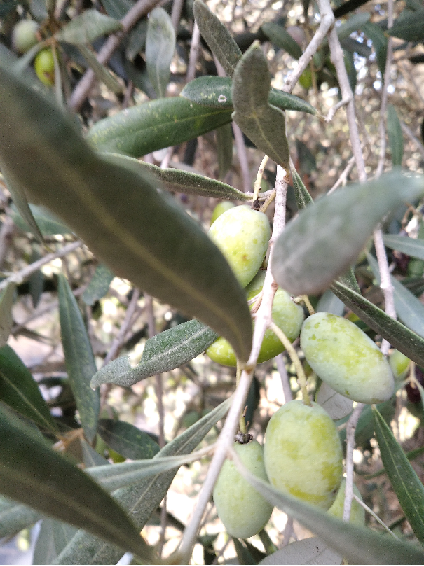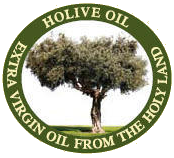
The oldest olive press ever found
Share
The earliest known olive press, from about 3,200 years ago, was discovered in the ancient city of Tel Hadar in Israel. This simple manual press consisted of a large stone weight that was used to crush olives in a shallow pit. This took A LOT of labor and time, but in those days it was the only way to extract oil from the olives. You can imagine the oil produced was prized. It was also a central part of many aspects of life, used for cooking, lighting, consecration, and as a beauty product.
The press was found in a large-scale industrial facility, indicating that olive oil production was a significant part of the economy in ancient Tel Hadar.
Other ancient olive presses have been discovered in various parts of the Mediterranean region, including Greece and Italy. Later on in history, the Roman Empire is credited with inventing the screw press, which greatly increased the efficiency of the oil extraction process. The screw press consisted of a large screw that was turned by a donkey or a mule. This device allowed for more oil to be extracted with less effort, and it became the standard method of olive oil production for many years.
During the Middle Ages, monasteries and convents played a significant role in the production and distribution of olive oil. Many monasteries had their own olive groves and oil presses, and the monks were skilled at perfecting the art of olive oil production. Monks in Spain developed a method of producing a clear, light-colored oil by crushing the olives between two millstones. This method produced a high-quality oil that was in high demand, and it became known as "monk's oil".
In the 19th century, a new type of press was invented that revolutionized the olive oil industry. The hydraulic press was powered by water and could extract more oil from the olives than any other method. This press was so efficient that it could produce oil in just a few hours, compared to the days it took with the screw press. The hydraulic press quickly became the standard method of olive oil production and is still in use today in many parts of the world.
What today we call extra virgin olive oil was referred to as "liquid gold" in ancient Greece and was reserved for the elite. Similarly, in ancient Rome, the highest-quality oil was called "oleum viride" (green oil) and was considered a luxury item.
Superb extra virgin oil is an affordable luxury today. Science is catching up to what was known thousands of years ago. Extra virgin olive oil isn't just delicious, it's an integral part of a healthy diet. Study after study praises extra virgin olive oil for its numerous health benefits. Scientist report extra virgin olive oil can help control blood pressure, improve heart health, fight inflammation in the body, support digestion, and reduce blood sugar.
Liquid gold indeed.
Looking for an excellent extra virgin olive oil from Israel? Try Holive Oil, the taste of the Holy Land.



